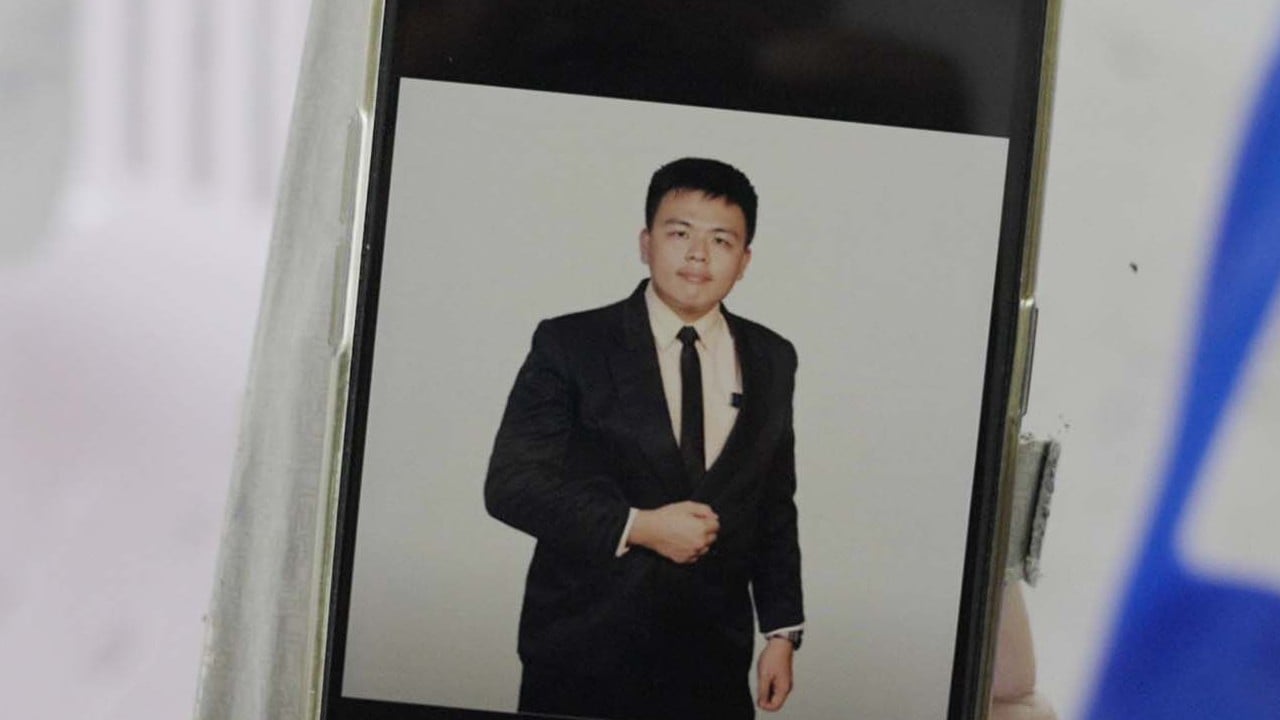As Malaysia steps up social media controls, TikTok calls for self-regulation of online content – Technologist
“Self-regulating is critical … if there is a licensing regime or framework, we will embrace it. However, it has to be a very collaborative effort,” Anuar Fariz Fadzil, of the micro-video sharing app, said on Tuesday at the Praxis 2024 public policy conference.
“There is a critical need to differentiate between propaganda, misinformation and disinformation and how there are grey areas that may breach freedom of expression and freedom of speech.”
TikTok is the first social media platform to take a public position on Malaysia’s planned regulatory tightening, two weeks after the government formally launched the licensing process for social media companies to continue operating in the country.
Social media and internet messaging platforms with more than 8 million Malaysian users now have until New Year’s Eve to secure a licence or risk being penalised under existing cyber laws.
The government is also working on a new law to govern the conduct of social media firms and users, besides amending provisions under existing laws, as part of what it described as a crackdown on scams, cyberbullying and the proliferation of child sexual abuse material.
As their user numbers – and profits – have ballooned, social media giants have long argued against regulation in each territory they operate in, aware that tight laws leave them vulnerable to court cases, potential bans, or restrictions, and ultimately a loss of control over their business models.
Malaysia says the new measures aim to control harmful content billowing across social media and internet messaging platforms, while giving repeated assurances that it will not abuse the law to clamp down on freedom of speech.
But TikTok’s Anuar said the company already had existing content guidelines to govern what could and could not be posted on its platform, and actively adapt its rules to local laws and norms, such as prohibitions on the hypersensitive issues of race, religion and royalty in Malaysia.
“Issues like cyberbullying are universal. Cyberbullying in Malaysia is the same as cyberbullying in Germany or the US. But what is offensive to me may not be offensive to you,” he said. “Licensing will not solve that [dilemma].”
Other media figures joined what is becoming a growing chorus of concern over the opacity of the government’s new rules.
“We are sort of flying blind. It would be a lot more useful if we have sight on [details of the licensing regime],” said Mediha Mahmood, chief executive of independent media industry group Content Forum, warning the current scope of the licensing regime was too broad and ran the risk of enabling government overreach.
The government should push back its year-end deadline and engage all stakeholders, including social media and internet messaging firms, civil society and industry groups, she added, to find a new way for authorities to deal with online crimes while also protecting users’ freedoms.

Relations between the authorities and online media platforms took a nosedive after Anwar formed his administration in 2022.
Just days after Communications Minister Fahmi Fadzil took office, he summoned TikTok executives to explain the spread of racially-charged content and fake news during that year’s national election.
Fahmi had said in July that some social media platforms “refuse to comply at all” with government requests to take down content.
Earlier this month, Anwar hit out at Facebook and Instagram owner Meta for taking down content on his accounts linked to Hamas. Meta later apologised, attributing the takedown to an “operational error”.



